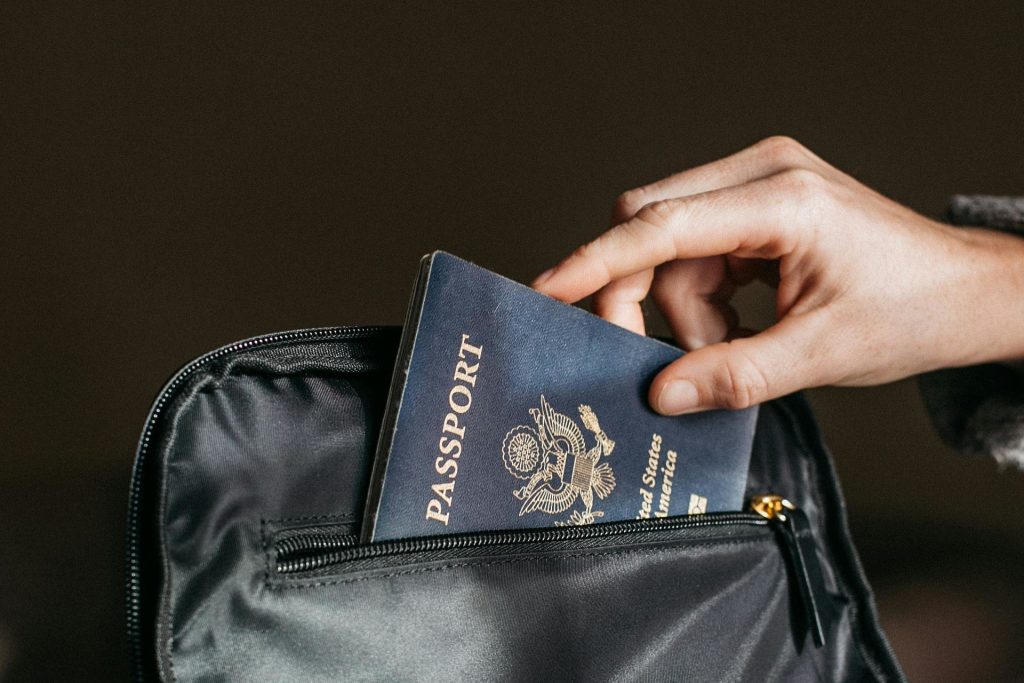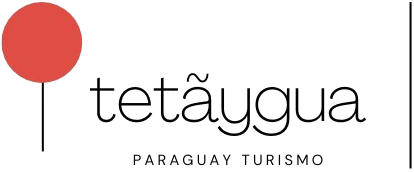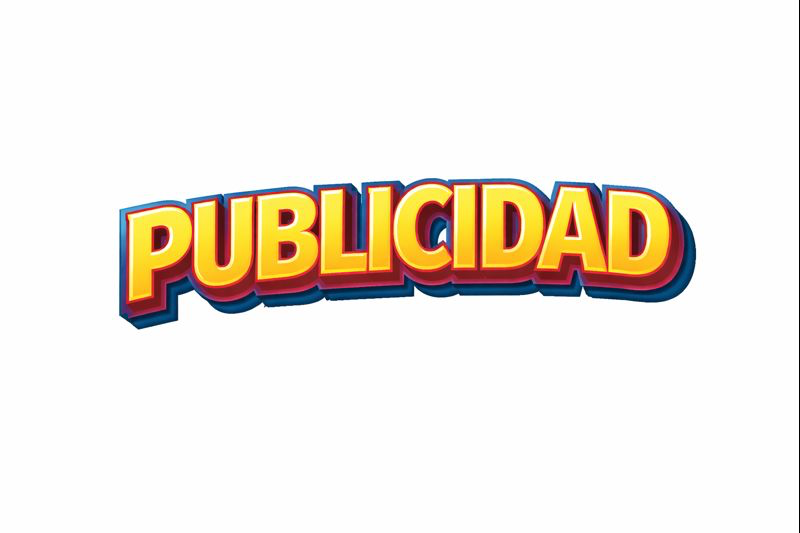Traveling to Paraguay as a tourist: Useful information for tourists
1. Entry and visa requirements
Paraguay allows visa-free entry to citizens of many countries for stays of up to 90 days, including the U.S., Canada, Australia, and New Zealand.

Visa not required
- USA, Canada, Australia and New Zealand: visa-free entry for up to 90 days.
- EU citizens (and Switzerland, Norway, Iceland, Liechtenstein): visa-free entry for up to 90 days.
- Other nationalities: Depending on the country, you may be able to travel without a visa or require a tourist visa, which can be processed in person at the Paraguayan embassy or consulate (passport with ≥ 6 months validity, passport-sized photo, itinerary, proof of funds).
2. Passport and travel documents
Entry requires a passport valid for at least six months; border officials may refuse entry if passports are expired or damaged.
- Passport: valid at least 6 months after the scheduled departure date.
- MinorsIf traveling with both parents, the child's passport is sufficient; if traveling with only one parent, it is recommended to bring a notarized authorization from the other parent to avoid delays at immigration.
3. Health & Vaccinations
Vaccinations against hepatitis A/B, tetanus, typhus, and, depending on the itinerary, yellow fever (if coming from an endemic area) are recommended. For travelers from Europe or North America, the yellow fever vaccination is only mandatory if they have transited through countries at risk.
4. Best time to travel and climate
The climate is subtropical to tropical; the dry season from May to September offers pleasant temperatures and low rainfall, ideal for excursions to rural areas and cities. However, in July and August, it can get very cold at night, down to 32 degrees Fahrenheit. In December, it begins to heat up, with the hottest months being January and February. Daytime temperatures of up to 104 degrees Fahrenheit are not uncommon.
5. Currency and payment methods
The official currency is the Guaraní (PYG). Cash payments are widely accepted; credit cards are accepted in larger hotels and restaurants. ATMs can be found in all cities; in rural areas, it is advisable to carry cash.
- Official currency: paraguayan guaraní (PYG)
- Cash and cards: Cash is widely used; credit and debit cards are now accepted almost everywhere (including many smaller shops, restaurants, and taxis). ATMs are available in all cities.
6. Languages and communication
Paraguay is officially bilingual: Spanish and Guarani. In tourist centers, Spanish is sufficient, but in rural areas, Guarani is widely spoken; a few simple words (e.g., mba'éichapa? = "How are you?") win you sympathy points.
English is rarely spoken, so basic knowledge of Spanish or a good dictionary/translation app is highly recommended.
7. Transport & Mobility
- Roads: Main roads (Rutas 1–9) are paved, secondary roads are often unpaved.
- Buses: long-distance line between departments; urban transport (“Transporte Urbano”) in cities.
- Aircraft: Domestic flights from Asunción (Silvio Pettirossi) to cities like Ciudad del Este and Concepción.
- Taxis & ride-sharing services: official taxis have a registration number. Uber and Bolt are widespread in Asunción and larger cities and are often cheaper than conventional taxis.
8. Accommodation
Hotels, hostels, and Airbnb's cover all price ranges. In less touristy areas, booking in advance is recommended. AirBnB or Booking.com are very common.
9. Safety and behavior
Paraguay is generally considered safe; you should be cautious in the city center at night and avoid carrying valuables openly. Increased vigilance is advised in border regions and you should only use official border crossings.
10. Cultural customs and traditions
- Tereré: cold mate with herbs, a social ritual shared anywhere.
- Bilingualism: Respect Spanish and Guaraní forms on the street and in conversations.
- Religious holidays: Caacupé Pilgrimage (December 8) shapes the nationwide cultural experience.
11. Customs and import regulations
Personal items are duty-free. The import of laptops, cameras, and medical devices is permitted. Please note restrictions on tobacco and alcohol; there are strict criminal laws for weapons and drugs.
12. Internet and communication
3G/4G mobile coverage throughout much of the country; Tigo or Claro SIM cards are available at airports and shopping centers.
- Prepaid-SIM: It is easily acquired with a passport.
- Broadband Internet: Many areas, even modest hotels, offer high-speed fiber optic connection.
Would you like to add important information? We look forward to your message!


